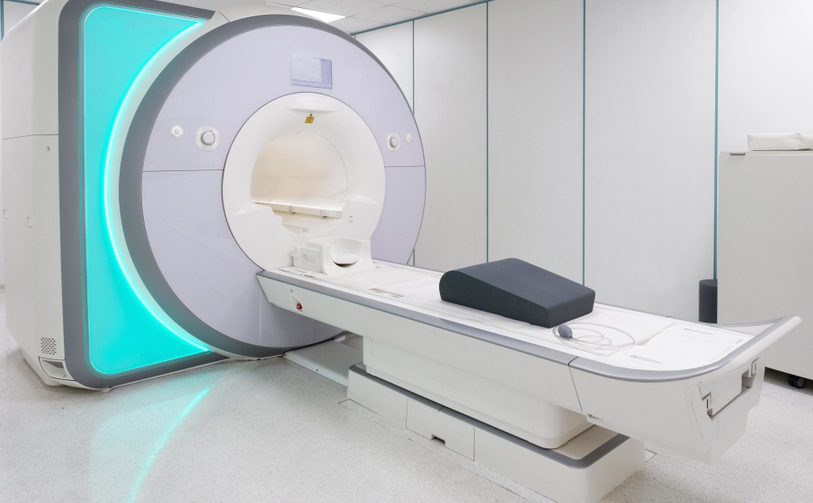
West Africa is a region known for its diverse cultures, beautiful landscapes, and unique healthcare challenges. In the heart of this vibrant region, the country of Benin is witnessing a transformative shift in healthcare through the adoption of telemedicine, with a particular focus on teleradiology. In this article, we explore the impact of teleradiology in Benin, highlighting its role in advancing healthcare accessibility and quality.
The Healthcare Landscape in West Africa
West Africa is home to a diverse range of healthcare systems, each facing its unique set of challenges. Access to specialized medical services, especially in remote or underserved areas, has been a common hurdle.
Teleradiology: A Transformative Tool
Teleradiology, a vital component of telemedicine, has become a key driver of change in healthcare in West Africa, with Benin leading the way. It involves the remote interpretation of medical images, such as X-rays, CT scans, and MRIs, by specialized radiologists. The introduction of teleradiology services in Benin is a groundbreaking step toward making advanced diagnostic capabilities accessible to all.
The Impact of Teleradiology in Benin
The adoption of teleradiology in Benin has had far-reaching effects, including:
- Expanded Access to Diagnostics: Teleradiology has expanded access to high-quality radiological diagnostics in Benin, ensuring that patients in even the most remote areas can access these critical services.
- Timely Diagnoses: In healthcare, time is often of the essence, and teleradiology significantly shortens the time between image acquisition and diagnosis. This is particularly critical in a healthcare system that values timely care.
- Access to Specialist Radiologists: Not every healthcare facility in Benin has in-house radiologists. Teleradiology bridges this gap by connecting these facilities with a network of specialized radiologists who offer expert interpretations of medical images.
- Cost-Efficiency: Establishing and maintaining advanced radiology equipment can be a financial challenge for healthcare facilities. Teleradiology encourages resource-sharing, making equipment more accessible and cost-effective.
Data Security and Privacy
Patient data security and privacy are non-negotiable in healthcare. Teleradiology services in Benin are equipped with stringent protocols to ensure the confidentiality and security of patient information during transmission and interpretation.
Challenges and Considerations
Implementing teleradiology in Benin comes with its own set of challenges and considerations, including regulatory compliance, the need for reliable technological infrastructure, and the protection of patient data.
The Future of Telemedicine in West Africa
As technology continues to advance, the future of telemedicine in West Africa, with a focus on teleradiology, is promising. The innovative use of technology will continue to bridge the gap in healthcare accessibility and quality.
Conclusion: The Teleradiology Revolution
Teleradiology is not just a service; it’s a healthcare revolution that is ensuring advanced diagnostic services are accessible to all in Benin. This revolutionary change is ushering in a brighter and healthier future for the healthcare landscape in West Africa. In a region celebrated for its cultural diversity and rich traditions, the adoption of teleradiology is a significant step forward. In summary, the impact of teleradiology in Benin and its role in advancing healthcare accessibility and quality is a testament to the power of telemedicine in West Africa.
Service Areas:- Comoros – Moroni (capital, on Grande Comore), Mutsamudu (on Anjouan), Fomboni (on Mohéli).
